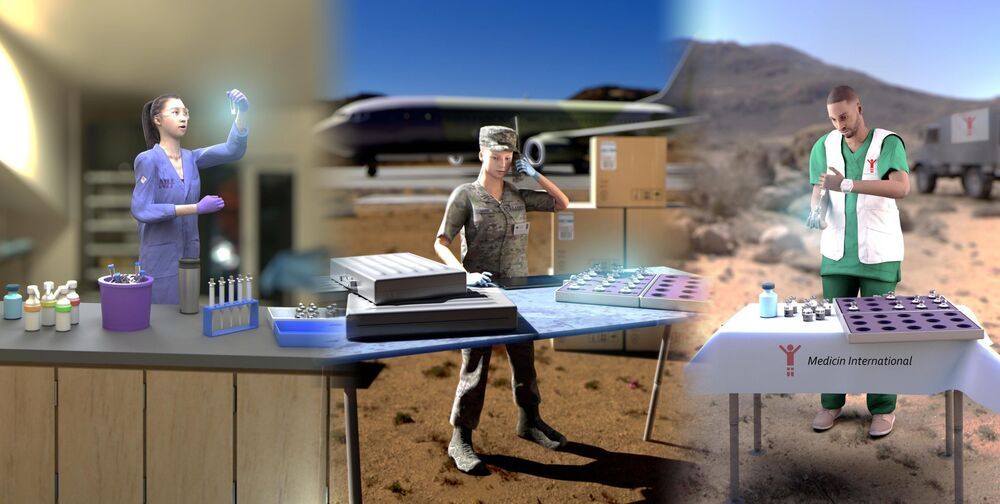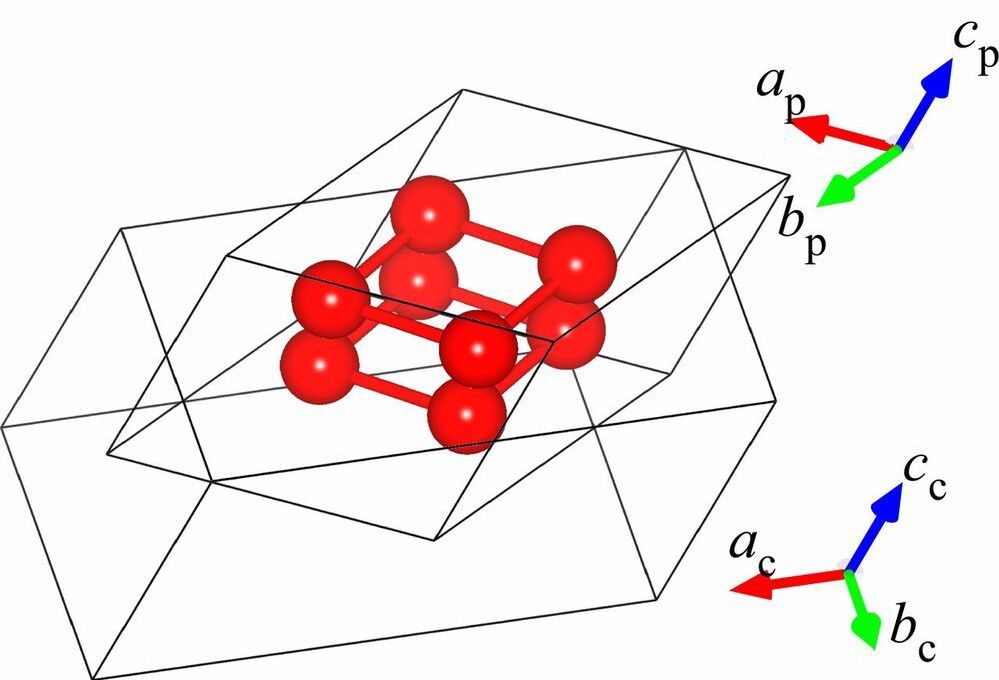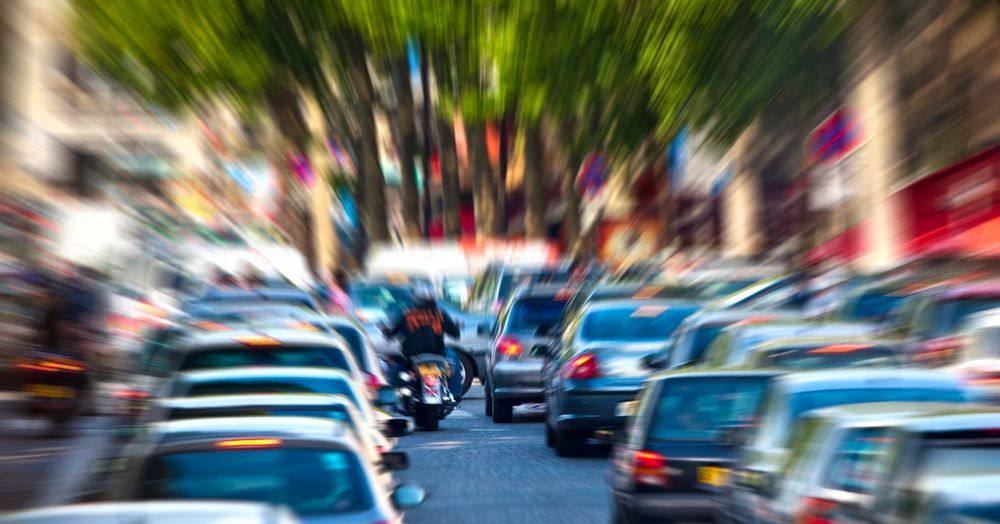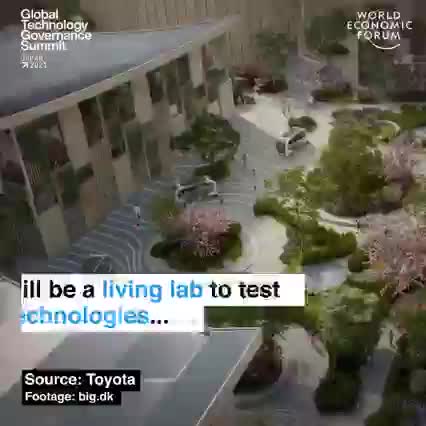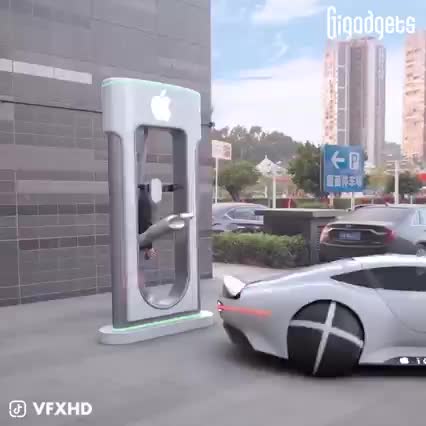Check out http://kiwico.com/Hacksmith50 for 50% off your first month of any crate!
Thanks to Grepow for providing the Epic LiPo batteries ► http://bit.ly/2JLYClt.
Visit Twin City Graphics for all your vinyl wrapping needs ► http://www.twincitygraphics.com/
Check out K&J Magnetics for all your magnet needs! https://www.kjmagnetics.com/
Become a Hacksmith member get exclusive perks! ► https://www.youtube.com/channel/UCjgpFI5dU-D1-kh9H1muoxQ/join.
►Early video access.
►Project design files (solidworks)
►Merch Discounts.
►Collaborate with us on our videos.
SOCIAL
Website ► http://www.hacksmith.tech.
Facebook ► http://www.facebook.com/thehacksmith.
Instagram ► http://www.instagram.com/thehacksmith.
Twitter ► http://twitter.com/thehacksmith.
Patreon ► http://www.patreon.com/thehacksmith.
Discord ► https://discordapp.com/invite/thehacksmith.
Merch ► https://www.hacksmith.store.
CHAPTERS:
0:00 Teaser.
0:16 Intro & Recap.
1:56 Wrapping the Board & Assembly.
2:50 Installing New Speed Controllers.
3:16 How Will We Power The Board?
4:14 Hovering Test.
4:52 How To Get Started With Engineering!
5:55 Jimmy Has A Solution!
6:50 Making Sure Things Don’t Go Boom.
8:16 4th Hover Test — Will It Succeed?
9:51 Cooking Eggs On A Super Hot Motor.
10:20 The Finished Board & Installing The Floor.
10:40 The Final Test.
12:56 Outro.
MUSIC:

